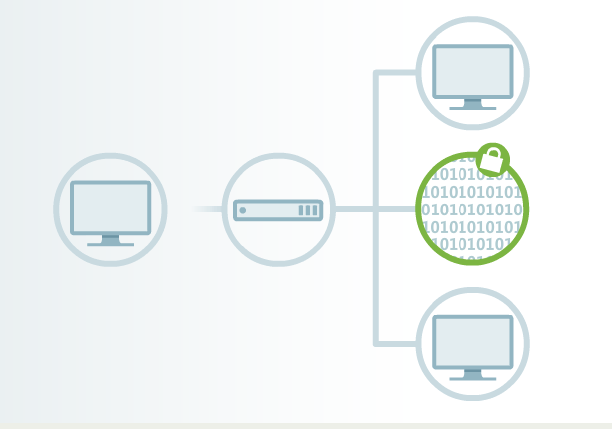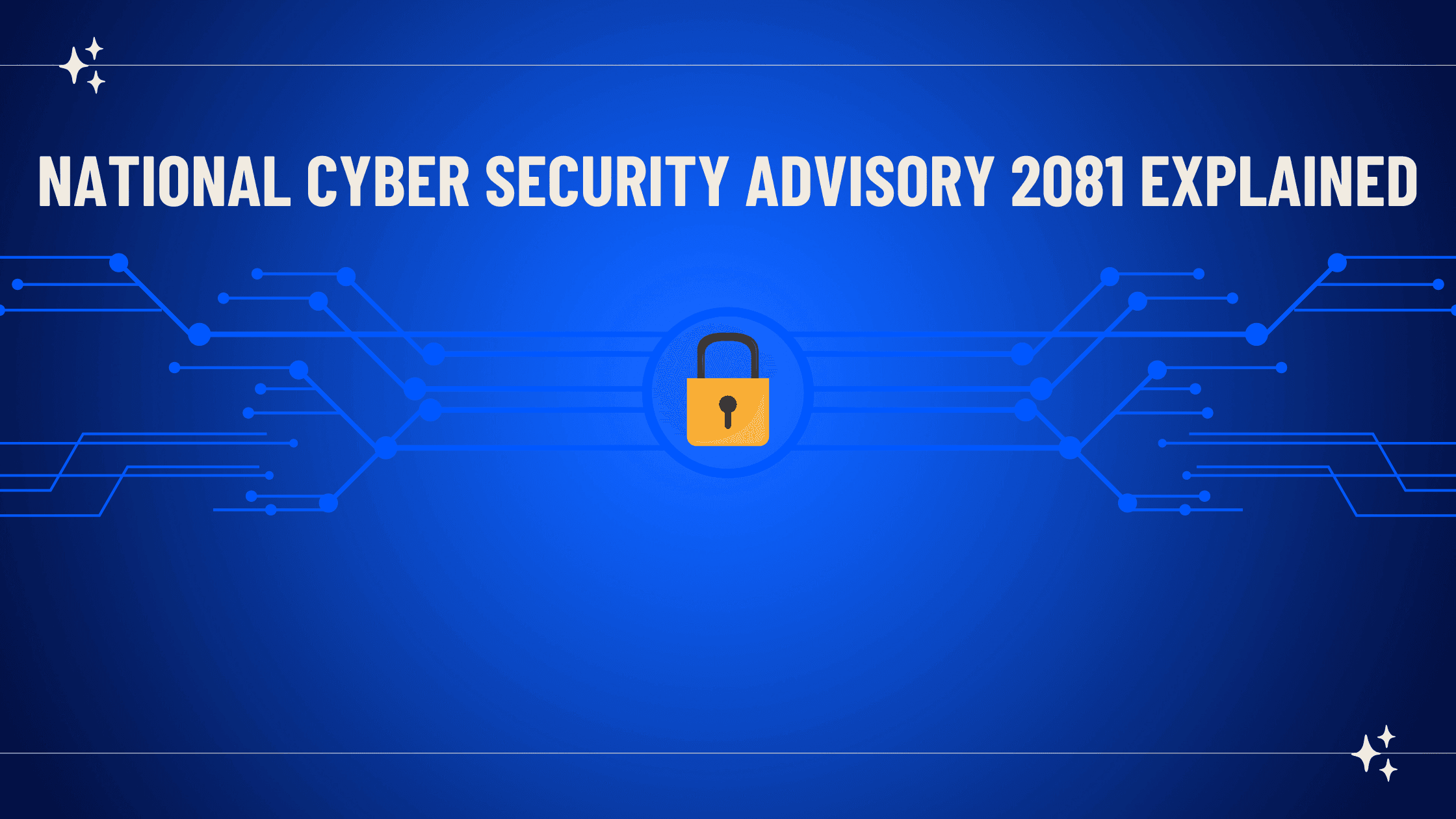In a decisive move to bolster cybersecurity within government institutions, Nepal’s National Cyber Security Center (NCSC), operating under the Ministry of Communication and Information Technology, has released an eight-page advisory detailing critical measures to safeguard digital infrastructure. This comprehensive directive addresses the escalating cyber threats and outlines strategies to mitigate potential vulnerabilities.
Key Recommendations from the Advisory:
- Prohibition of Unauthorized Software: The NCSC explicitly advises against the installation and use of unauthorized software, including games, on government computers. Such applications can serve as conduits for malware and other security breaches, compromising sensitive data. Finally, Nepal government offices might actually purchase software licenses, specially Windows OS one!
- Regular System Updates: Emphasis is placed on the importance of timely software and system updates. Keeping systems current ensures that security patches are applied, reducing the risk of exploitation through known vulnerabilities.
- Strengthening Password Protocols: The advisory advocates for the implementation of robust password policies. This includes the use of complex passwords, regular changes, and the adoption of multi-factor authentication to add an extra layer of security. Learn how to create strong password.
- Employee Training and Awareness: Recognizing human error as a significant risk factor, the NCSC recommends regular cybersecurity training sessions for government employees. Educating staff on best practices and potential threats can significantly reduce the likelihood of successful cyber-attacks.
- Data Backup Procedures: The advisory highlights the necessity of routine data backups. Establishing secure and regular backup protocols ensures data integrity and availability in the event of a cyber incident.
Context and Implications in Nepalese Cyber Security:

This advisory comes at a time when cyber threats are becoming increasingly sophisticated and pervasive. Government institutions are prime targets due to the sensitive information they handle. By implementing these recommendations, the NCSC aims to fortify the nation’s digital defenses and promote a culture of cybersecurity awareness within governmental operations.
The directive to avoid unauthorized software, particularly games, is a proactive measure to eliminate potential entry points for malicious actors. Such applications can inadvertently introduce vulnerabilities, making systems susceptible to attacks.
Regular system updates and stringent password protocols are foundational elements of cybersecurity. By adhering to these practices, government agencies can protect against a wide array of threats, from phishing attempts to more advanced persistent threats.
Employee training is another critical component. Human error remains one of the leading causes of security breaches. Through comprehensive training programs, employees can become the first line of defense, equipped to recognize and respond to potential threats effectively. Personally, I have had opportunity to train several hundred government employees in the past and believe capacity building and awareness are key to addressing human factor. If you are interested, I’m available to talk to your agency and provide an insight on how to tailor fit government agency’s need.
Data backup procedures ensure that, in the event of a breach or system failure, information can be restored with minimal disruption. This not only preserves the continuity of government operations but also maintains public trust in the integrity of governmental data management.
National Cyber Security Policy 2080: Ambitious Targets
Complementing this advisory, the government has approved the National Cyber Security Policy 2080, which sets ambitious targets to enhance the country’s cybersecurity posture. Currently, Nepal’s score on the Global Cybersecurity Index (GCI) stands at 44.99 out of 100. The policy aims to elevate this score to 60 within the next five years, 70 within ten years, and 80 within fifteen years.
The GCI measures countries’ commitment to cybersecurity across five pillars: legal measures, technical measures, organizational measures, capacity development, and cooperation. Nepal’s current ranking reflects the need for significant improvements in these areas.
A Shared Responsibility in Strengthening Cybersecurity
The NCSC’s advisory and the National Cyber Security Policy 2080 are vital steps toward securing Nepal’s digital future. However, the journey toward achieving national cybersecurity goals, such as increasing Nepal’s Global Cybersecurity Index score from 44.99 to 60 in five years, is not the government’s responsibility alone. Nepalese netizens play an equally critical role in shaping a safe and resilient digital environment.
By adopting safe cyber practices, reporting suspicious activities, and championing digital literacy in their communities, citizens can complement governmental efforts. Every small action—be it using stronger passwords, keeping systems updated, or raising awareness—contributes to a larger culture of cybersecurity.
A collaborative approach where individuals, organizations, and the government work hand-in-hand is essential. Together, we can ensure that Nepal not only meets its cybersecurity goals but also emerges as a digitally secure and globally respected nation. I’m ready, are you ready to make Nepal cyber resilient?

